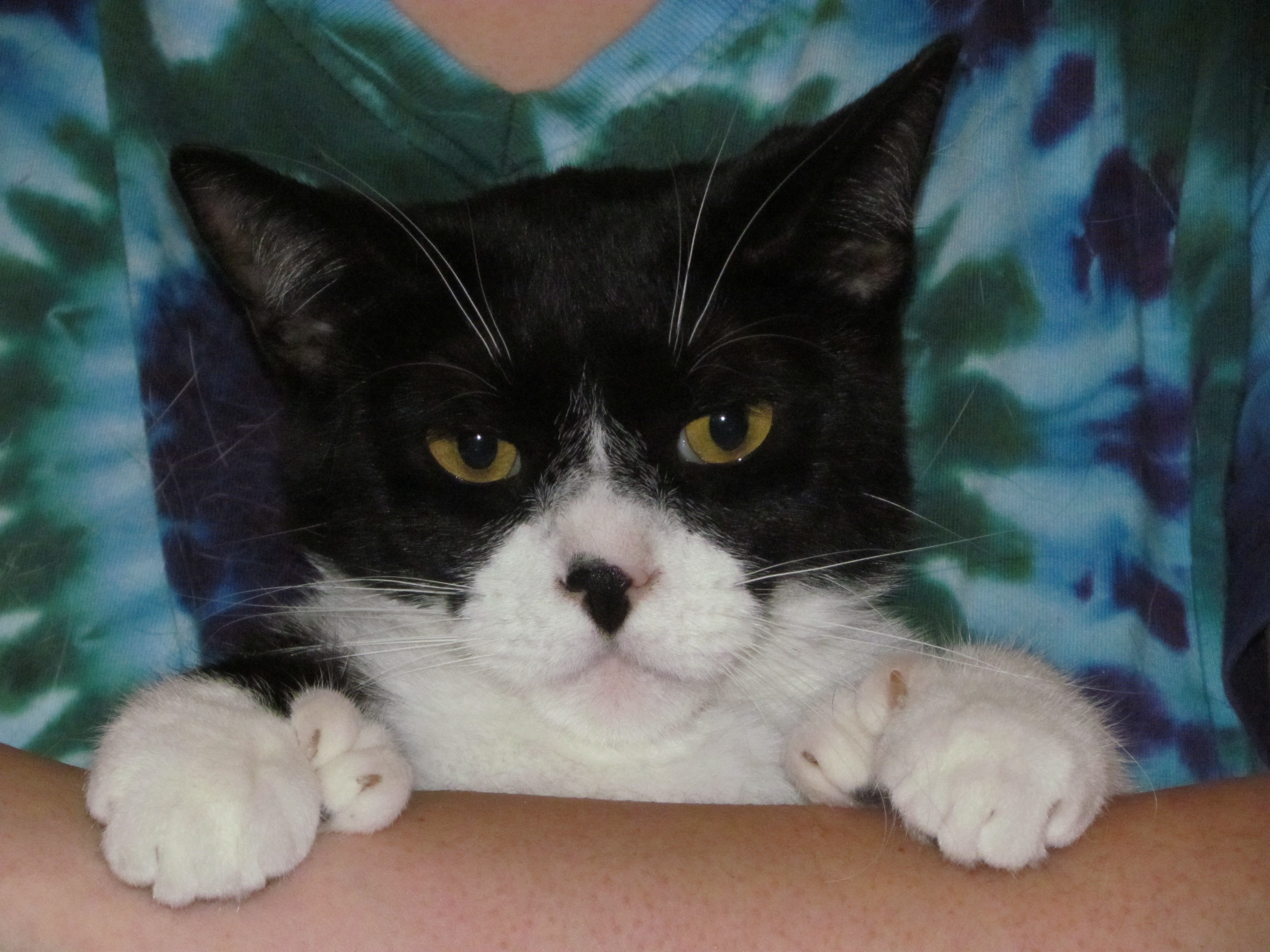Allergies are the number one complaint we address at Murphy’s Premium Pet Food Market. Whether it be itching, ear infections, rashes, darkened skin, paw chewing, hot spots etc… Allergies tend to affect the vast majority of our customers’ pet’s. While some animals may have a genetic predisposition to a specific ingredient contained in their food, allergies in many cases are an inflammatory response to ingredients introduced to a digestive system ill prepared to process them.
Lets start with Glutens. Dogs and cats are carnivores. They lack the digestive enzyme amylase required to break down glutens. These components are found in grains including rice, corn, oats, and wheat. When undigested food enters the digestive track, it can trigger an inflammatory response in the gut lining. You need to consider the fact that seventy percent of your pets immunity begins with the state of the digestive system. If a poor diet is continuously fed, the immune system sets off a response to coat and protect the lining of the intestines as well as the colon. The mucus that forms becomes a warm moist breeding ground for bacteria, yeast, and fungus. If the pets diet contains corn, white potato, barley, or white rice, these carbohydrates convert to sugar rapidly and provide an ample food supply for these organisms to thrive. If this circumstance is compounded with a history of one or two rounds of antibiotics, your pet has little beneficial flora or good bacteria to combat these organisms, leading to further deterioration of their digestive integrity, as well as their immunity. Left unaddressed, the improperly digested food as well as the harmful organisms create toxins that leach into the blood stream, recycle through the liver, and can in time initiate an auto immune response. This usually manifests itself in hot skin, and excessive histamine production by the liver, causing your pet to itch. The scratching then causes injury in the skin where outside bacteria or internal organisms can infect. This is the point we usually see the Veterinarian suggest more antibiotics as well as prednisone.
We believe there is an alternative approach. We focus on the support of the digestive system and suggest introducing beneficial bacteria or acidophilus back into the intestines. Make sure your probiotics are stored in the refrigerated section of the health food store. This insures your product contains live viable organisms. We then suggest the removal of all grain from the diet. Further, we suggest an alternative protein, usually fish, as it is easy to digest and has a cooling effect on the body. The next line of defense is digestive enzymes. Enzymes enable your pet to digest properly while reducing the inflammation in the digestive track. They also break down toxins in the liver. Fiber is another important factor in cleaning up the intestines. This can be found in pumpkin, sweet potato, flax seeds, or even temporarily using brown rice. The natural fiber in these foods tones and strengthens the intestines and colon while clearing away debris harboring in its lining. This discontinues the recycling of toxins back into the blood stream. Colostrum can be very helpful as it contains antibodies needed to build the immune system and has been reported to support tissue repair in the gut. One word of caution, if your pet has been diagnosed with an auto-immune disorder. We do not suggest the use of colostrum. It could further stimulate an already over reactive immune system. Yucca extract is an effective anti-inflammatory. It soothes the entire body, including the nervous system without the side effects of steroids. Monolaurin is a fatty acid derived from coconut oil. It is the most effective product we have found in eliminating yeast, fungus and bacteria without killing off the beneficial bacteria in the gut. Monolaurin should be gradually introduced. These organisms should be eliminated slowly as to avoid discomfort to your pet.
After witnessing countless animals regain their vitality and “appear” perfect on the outside. We have learned it can take months before the digestive track is “normal” and the beneficial organisms have regained their proper balance. It is important to remain vigilant regarding your pets food intake. One cracker, pizza crust, or popcorn serving can set off an an inflammatory response in motion.
– Kim Kalander
The greatness of a nation and its moral progress can be judged by the way in which its animals are treated. I hold the more helpless a creature, the more entitled it is to protection by man from the cruelty of man. -Gandhi
About Kim Kalander: Kimberly Kalander founded Murphy’s Premium Pet Food Market in October 2007. Motivated by the senseless loss of the 2007 pet food recalls. She has applied her thirty years experience in alternative healing studies to animals and has been met with great success. Her small store carries what she believes to be the best pet foods the industry has to offer. She scrutinizes country of origin concerning ingredients. She has held firm on a no Chinese sourced ingredient policy. She believes the body in general has a great regenerative ability, and when properly supported can regain balance and vitality, as well as put an and end to needless suffering. Her mission is to empower consumers through education in the hope of creating a safer industry that considers nutritional quality over mass profit for investors.
Kim is available to speak with at Murphy’s Premium Pet Food Market. You can reach her at 407 927-9363. You can also friend her on Facebook.


































